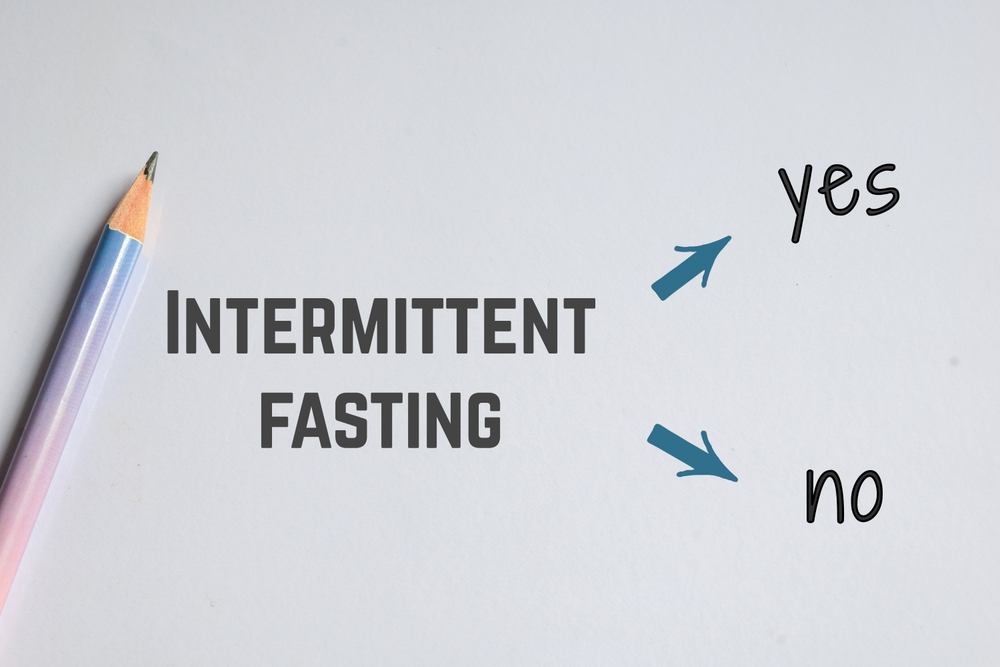Intermittent Fasting & Hormones: Helpful or Harmful?
Intermittent fasting (IF) has gained immense popularity as a dietary approach for weight management and overall health. From time-restricted eating to alternate-day fasting, proponents claim numerous benefits, including improved metabolism, better mental clarity, and even longevity. However, one area where intermittent fasting warrants closer examination is its impact on hormones—the chemical messengers that regulate almost every process in the body.
While intermittent fasting can positively influence some hormones, it may also have unintended consequences, especially for certain individuals. This article explores the connection between intermittent fasting and hormones, weighing the benefits and potential drawbacks to help you determine whether it’s a helpful or harmful practice for your unique biology.
The Basics of Intermittent Fasting
Intermittent fasting is an eating pattern that alternates between periods of eating and fasting. Unlike traditional diets that focus on what to eat, IF emphasizes when to eat. Common methods include:
- 16/8 Method: Fasting for 16 hours and eating within an 8-hour window.
- 5:2 Method: Eating normally for five days and restricting calorie intake to 500-600 calories on two non-consecutive days.
- Alternate-Day Fasting: Alternating between fasting and eating days.
- 24-Hour Fast: Fasting for a full 24 hours once or twice a week.
The flexibility of intermittent fasting makes it appealing, but its effects on hormonal health require careful consideration.
Hormones Affected by Intermittent Fasting
Hormones are central to how the body responds to fasting. Here’s a closer look at key hormones impacted by IF:
-
Insulin
Insulin is a hormone that regulates blood sugar levels by facilitating glucose uptake into cells.
- Potential Benefits: Intermittent fasting can improve insulin sensitivity, particularly for individuals with insulin resistance or type 2 diabetes. During fasting, insulin levels drop, encouraging the body to use stored fat for energy.
- Considerations: While reduced insulin levels are beneficial for most people, excessively prolonged fasting could lead to hypoglycemia (low blood sugar) in some individuals, particularly those on medication for diabetes.
-
Human Growth Hormone (HGH)
HGH plays a crucial role in growth, metabolism, and muscle repair.
- Potential Benefits: Fasting can significantly increase HGH levels. Higher HGH supports fat metabolism, muscle growth, and cellular repair.
- Considerations: While elevated HGH can be advantageous, overemphasizing fasting may stress the body and lead to diminishing returns.
-
Cortisol
Cortisol, the body’s primary stress hormone, is vital for energy regulation during fasting.
- Potential Benefits: Short-term fasting may help regulate cortisol levels by improving stress resilience.
- Considerations: Prolonged or extreme fasting can elevate cortisol levels, contributing to stress, anxiety, and even fat accumulation—particularly in the abdominal area.
- Thyroid Hormones
Thyroid hormones regulate metabolism and energy production.
- Potential Benefits: Short-term fasting may enhance metabolic flexibility, allowing the body to adapt to different energy sources.
- Considerations: Chronic calorie restriction, often associated with extreme fasting, can suppress thyroid function, leading to symptoms like fatigue, cold intolerance, and difficulty losing weight.
-
Sex Hormones (Estrogen, Progesterone, Testosterone)
Sex hormones influence reproductive health, mood, and energy levels.
- Potential Benefits: Improved insulin sensitivity through IF can support balanced testosterone levels in men and women.
- Considerations: Prolonged fasting or excessive calorie restriction may disrupt menstrual cycles in women, reduce estrogen and progesterone production, and lower testosterone levels in men, particularly when combined with overtraining or stress.
The Role of Intermittent Fasting in Women’s Hormonal Health
Women’s hormonal systems are particularly sensitive to calorie intake and fasting patterns due to the interplay between the hypothalamus, pituitary gland, and ovaries (the HPO axis). While IF can offer benefits, it may not be suitable for all women.
Potential Benefits:
- Improved insulin sensitivity, reducing the risk of polycystic ovary syndrome (PCOS).
- Enhanced fat metabolism and energy regulation.
Potential Risks:
- Disrupted menstrual cycles or amenorrhea (loss of menstruation).
- Increased stress and cortisol levels.
- Negative impacts on fertility due to reduced estrogen and progesterone levels.
Women of reproductive age, those with a history of disordered eating, or those trying to conceive should approach IF with caution and prioritize listening to their bodies.
Individual Variations: Why One Size Doesn’t Fit All
The hormonal effects of intermittent fasting can vary widely based on factors like age, sex, health status, and lifestyle.
Factors to Consider:
- Health Conditions: Individuals with adrenal fatigue, thyroid disorders, or metabolic conditions may experience exacerbated symptoms with fasting.
- Activity Levels: Athletes and highly active individuals require adequate nutrition to support recovery and performance, making extended fasting less suitable.
- Age: Postmenopausal women and older adults may benefit from IF’s metabolic improvements, but they should ensure nutrient needs are met.
- Stress Levels: High stress can amplify cortisol responses, making fasting counterproductive.
Tips for Hormone-Safe Intermittent Fasting
If you’re considering intermittent fasting, here are evidence-based tips to protect your hormonal health:
-
Choose the Right Fasting Schedule
- Start with a moderate approach, such as the 16/8 method.
- Avoid fasting for more than 24 hours, especially if you’re new to IF.
-
Focus on Nutrient-Dense Foods
- Break your fast with balanced meals containing protein, healthy fats, and fiber-rich carbohydrates.
- Avoid processed foods and prioritize whole, unprocessed options.
-
Monitor Your Body’s Signals
- Pay attention to signs of hormonal imbalances, such as irregular periods, fatigue, or mood changes.
- Adjust your fasting schedule if you experience negative symptoms.
-
Support Your Body During Fasting
- Stay hydrated and consider adding electrolytes to your water.
- Practice stress-reducing techniques, such as meditation or yoga, to minimize cortisol spikes.
-
Consult a Professional
- Work with a healthcare provider or functional medicine practitioner to customize a fasting plan that suits your hormonal and metabolic needs.
Conclusion: Is Intermittent Fasting Helpful or Harmful?
Intermittent fasting can be a powerful tool for improving metabolic health, reducing insulin resistance, and supporting weight management. However, its effects on hormones are nuanced and highly individual. While some may thrive with IF, others may experience hormonal disruptions, particularly if fasting is done excessively or without consideration of individual needs.
The key is to approach intermittent fasting mindfully, tailoring the practice to your body’s signals and hormonal health. When in doubt, seek personalized guidance from professionals who can help you navigate the complexities of fasting and its impact on your hormones.
If you’re ready to explore how intermittent fasting can fit into your health journey—or if you’ve experienced challenges with fasting—the team at Aryze Wellness is here to help. We specialize in personalized, holistic approaches to health and wellness, ensuring you achieve your goals without compromising your hormonal balance.
Contact us today at aryzewell.com to learn more and take the first step toward a healthier, more balanced you!
Dr. Indea May is a seasoned healthcare professional with over 20 years of experience in nursing and holistic medicine. As the Clinical Director of Aryze Well, PLLC, she combines her expertise in functional medicine, bioidentical hormone replacement therapy (BHRT), medical weight loss, gut health restoration, and IV hydration to provide integrative and personalized care. Read More: https://aryzewell.com/meet-dr-indea-may/
- Indea May



